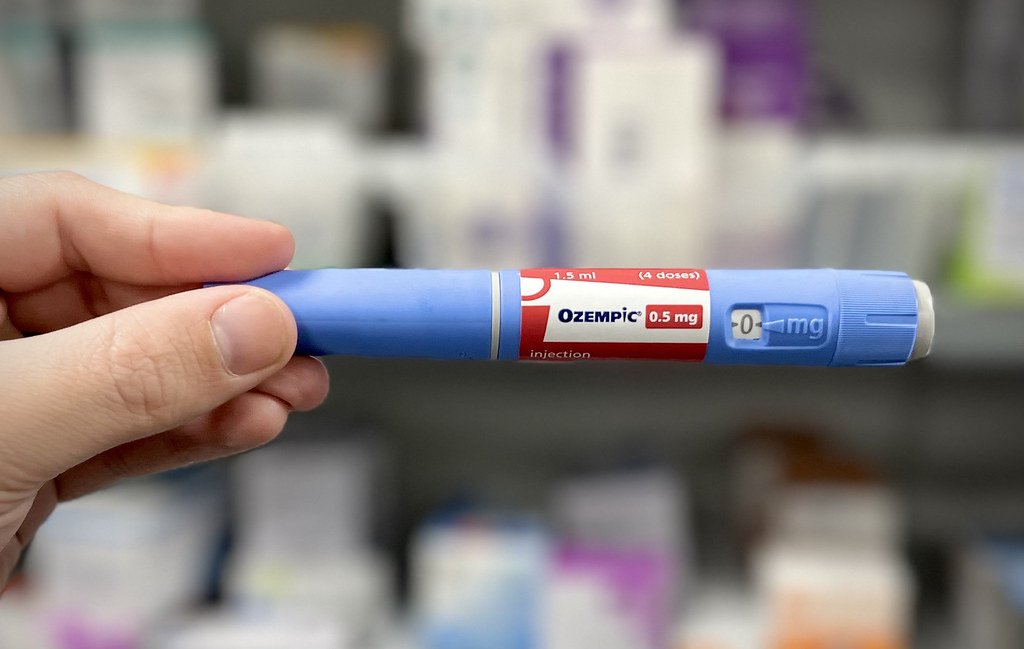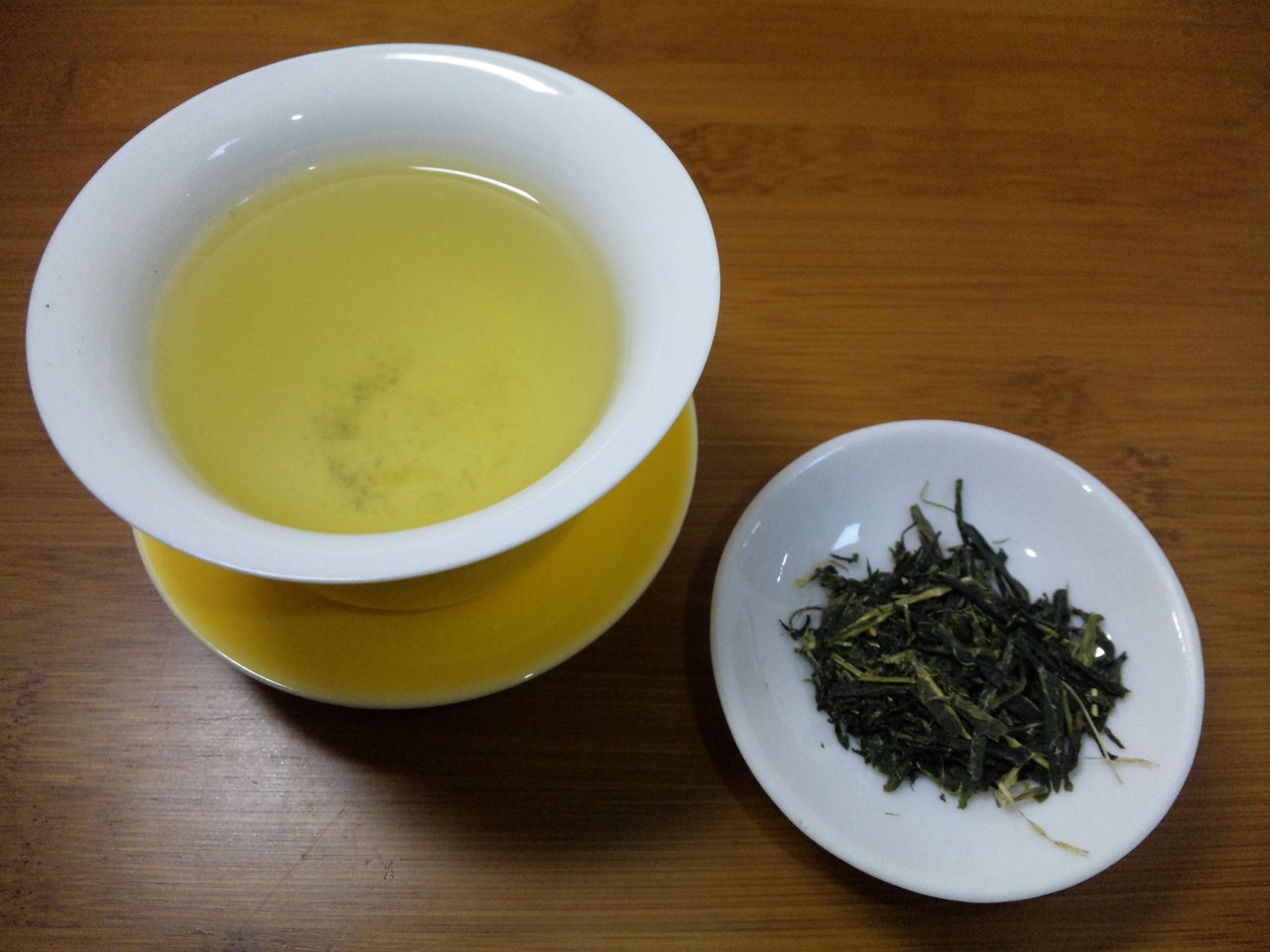Fact, Truth and Myth of Weight losing Drugs and Supplements
3 comments
Weight loss pills, Instagram and TicTok go hand in hand because these are the platforms where majority of the weight loss pills are being advertised. They come with almost unrealistic testimonies and they also come up with what they refer to as tricks to lose weight.
I am not here to question your choice of purchase or tell you these pills don't work because some might do some wonders like the recent buzz around Ozempic and weight loss even though it has not been approved for the purpose yet. The annoying things about the people selling these weight loss treatments claim that the result would be seen as soon as possible but this isn't true because even semaglutide (Ozempic being the brand name) which has been seen to do a good job with weight loss would require up to 68 weeks to lose about 15% of actual weight (according to a study) and study also showed that people who stopped using the medication gained two-third of their size after 1 year.
There is no evidence that a drug would make a person lose weight significantly safely and healthily but this doesn't mean that there are no drugs that can help with this goal. Actually, if you go to the doctor that you want to lose weight, your doctor can give you prescription drugs that can help you, and these drugs do two things and they are Appetite Suppressants and Fat blockers.
The former working by blocking the ability of the body to re-absorb chemical signals known as neurotransmitters serotonin, and Norepinephrine in the brain that regulate hunger. When they are blocked from being reabsorbed, you feel full and eat less. So actually this medications work but not for too long and when combined with exercise and diet, a person can lose up to 2kg of extra weight (according to studies) but it isn't long before the appetite control center in the brain begin to re-adjust causing weight loss improvement to stop.
Fat blockers on the other other hand inhibits Lipase. When we eat, fat molecules are broken into fatty acid and glycerol by lipase but with fat blocking prescription drugs, they bind to the lipase, thereby preventing them from bonding with fat and so the fat just passes through the guts and is excreted out of the body without being absorbed. Actually, with what I just explain, you will be surprise if I say they do not work because they do. In fact, studies have shown that using fat blockers prevent about 30% of fat ingested from getting attached to by lipase and broken down but there can be side effects to using these drugs such out excreting more oil with feces.
Asides the mentioned above, those weight loss supplements, tea, and so on you see on the internet do not have enough studies supporting their functions except for Green Tea. In case you do not know, Green tea contain Caffeine which is present in your coffee and your energy drink, and it also contains Catechin. While these two compounds do not have any effects on weight loss when used individually, they work in synergy when combined together to impact weight loss. While caffeine stimulate the nervous system causing a thermogenic effect, Catechin inhibits the binding of lipase to fat thereby causing the fat to go through the intestine and out of the body without being absorbed. It also stimulate the production of norepinephrine which helps to reduce the hunger feeling.
So when you see people selling those miracles of losing weight up to 80kg in 2 weeks on the internet, please just swipe like I usually do because they just sell hopes that aren't there. At max, they will sell you the same green tea that you can buy in the grocery but this time, they will be selling it at a premium because they are selling hope with it.
Reference
https://pmc.ncbi.nlm.nih.gov/articles/PMC9542252/
https://www.nejm.org/doi/full/10.1056/NEJMoa2032183
https://pmc.ncbi.nlm.nih.gov/articles/PMC9486455/
https://pmc.ncbi.nlm.nih.gov/articles/PMC6769678/
https://www.niddk.nih.gov/health-information/weight-management
https://my.clevelandclinic.org/health/treatments/9463-appetite-suppressants
https://pmc.ncbi.nlm.nih.gov/articles/PMC8406948/
https://pmc.ncbi.nlm.nih.gov/articles/PMC4025876/



Comments